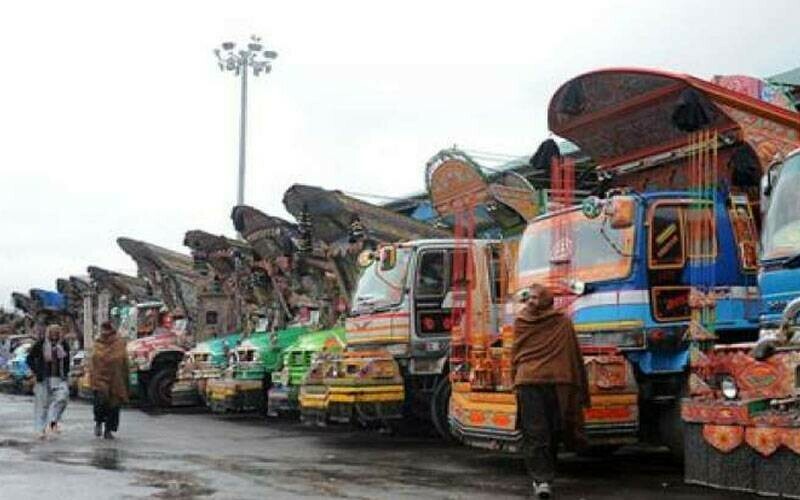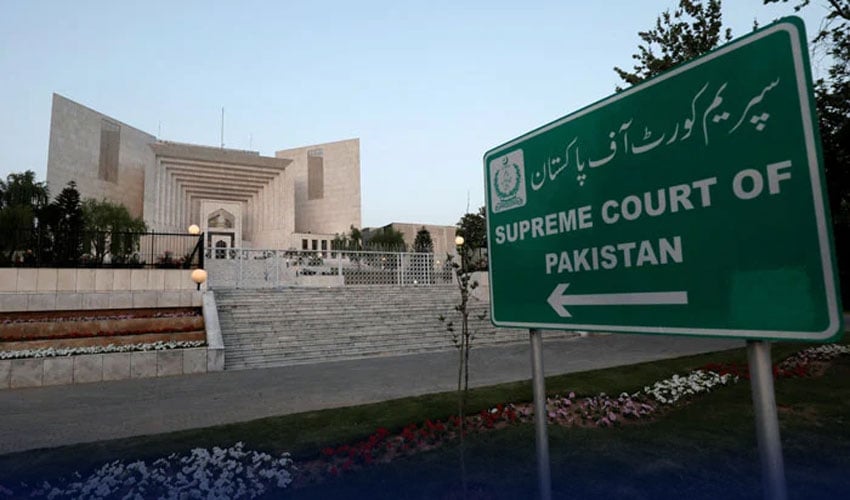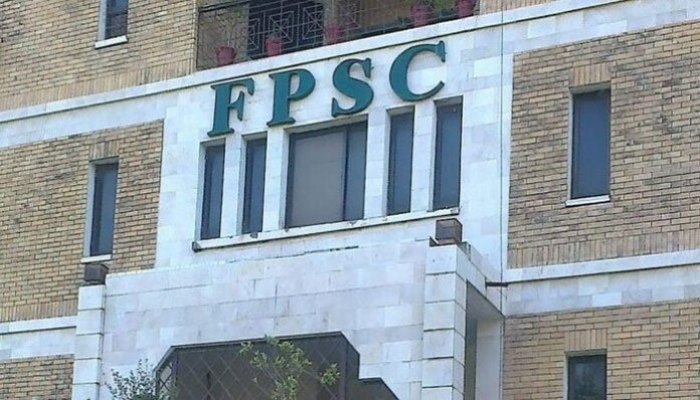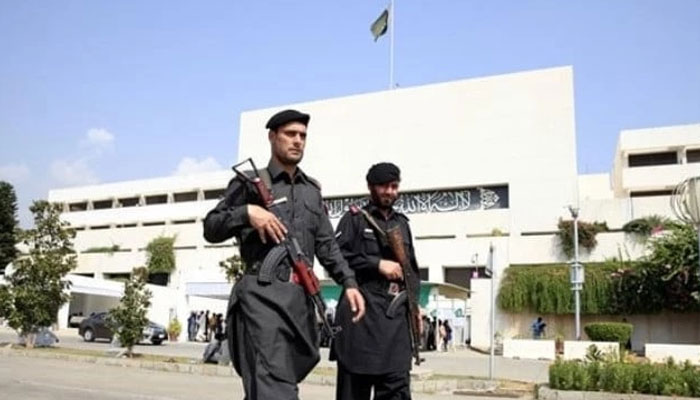LEGAL

All goods transport associations across Pakistan have announced a complete nationwide strike on July 19, halting all cargo and supply operations to support the trader community protesting against Sections 37A and 37B of the Sales Tax Act, included in the Finance Bill 2025.
Speaking at the Karachi Chamber of Commerce & Industry (KCCI), Malik Sher Khan, President of the Karachi Goods Carrier Association, declared that “no supply or vehicle will run anywhere in the country on July 19”. He emphasized that the transport community fully supports the traders, adding, “If the traders ask us to extend the strike, we will.”
This move follows growing resistance from the business and industrial sectors against what they term as “oppressive and unfair taxation measures” introduced in the new federal budget. The transporters’ declaration comes after nationwide coordination among regional transport leaders, all of whom joined hands with the KCCI in a press conference held at the chamber headquarters.
Support from Khyber Pakhtunkhwa Traders
Meanwhile, the President of the Sarhad Chamber of Commerce, Fazal Muqeem Khan, also announced full support for the July 19 protest. During a press conference, he condemned the federal government’s new tax regime, calling it “immoral, oppressive, and economically suicidal”.
“The federation ignored our suggestions while drafting the Finance Bill. This budget was made in closed rooms without industry consultation,” Fazal Muqeem said.
He specifically criticized the unprecedented powers granted to FBR officers, the forced implementation of complex digital systems, and the arrest clauses for minor errors in filings, warning that these policies would drive away investors and destroy small businesses.
“Registration of traders can now be cancelled for small mistakes. There are no protections or incentives for tax filers. Instead of facilitating business, the government is suffocating it,” he added.
The Sarhad Chamber has formally rejected the Finance Bill, and committed to joining traders in a nationwide shutdown on July 19.
Why Traders & Transporters Are Protesting
The main contention lies in Sections 37A and 37B of the Sales Tax Act, which grant sweeping powers to FBR officials, including:
· Authority to suspend registrations
· Arrest traders without warrants
· Confiscate goods without due process
· Mandate the use of FBR-developed software for all business transactions
Traders argue that these measures are discriminatory, non-transparent, and harmful, especially for small and medium-sized businesses already battling inflation, currency devaluation, and shrinking purchasing power.
Potential Economic Impact
With both transporters and traders uniting in protest, the supply chain across Pakistan is likely to face major disruption on July 19. If the strike extends beyond a day, essential goods — including food, fuel, and medical supplies — may face shortages.
The government has yet to respond formally to the growing unrest, though industry insiders suggest that negotiations may be held later this week to avert a prolonged economic disruption.




